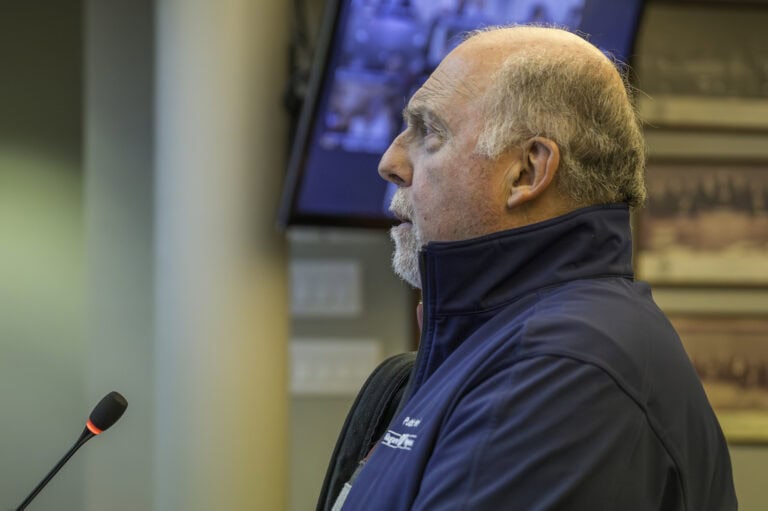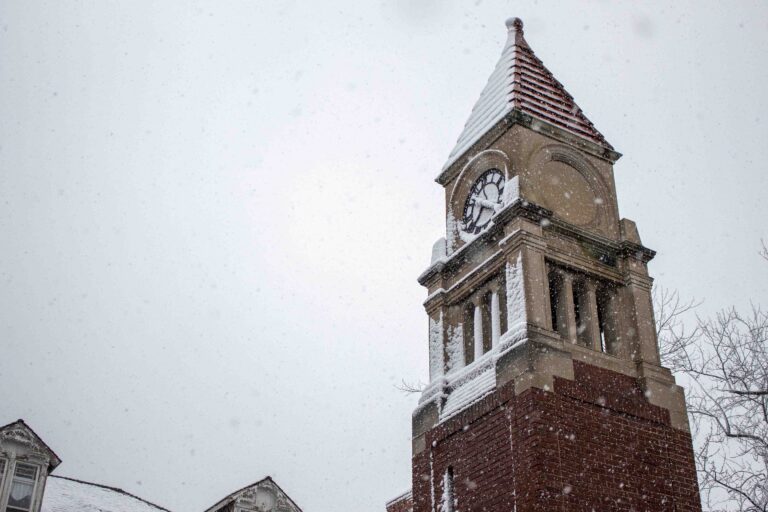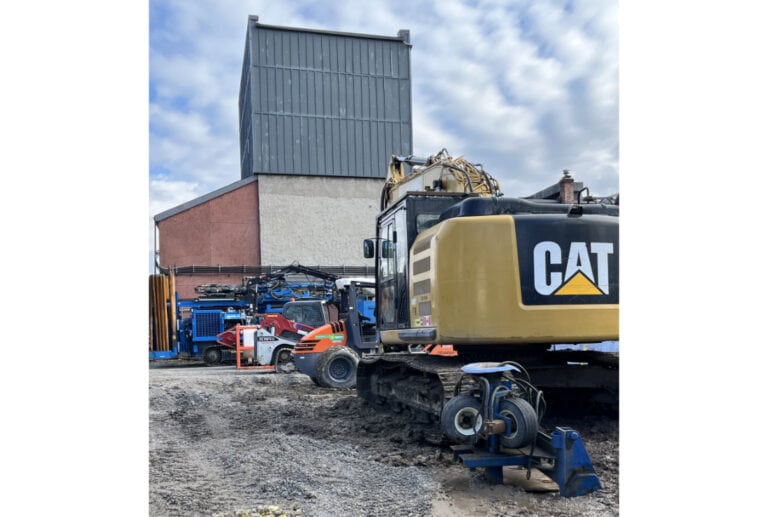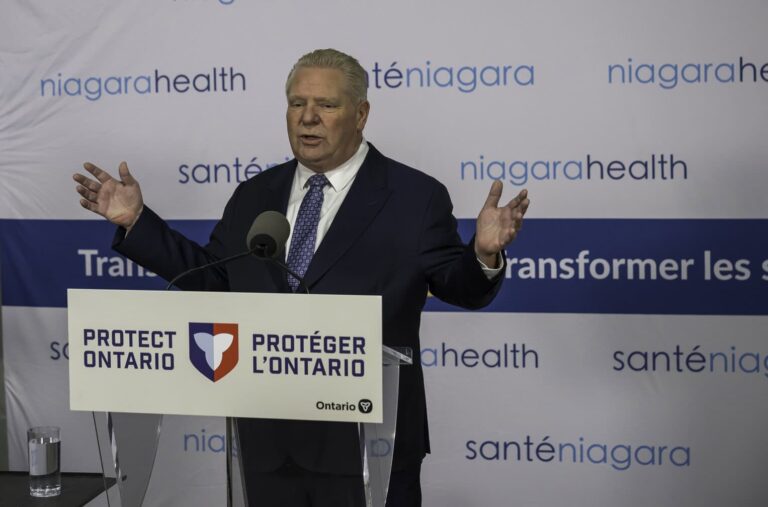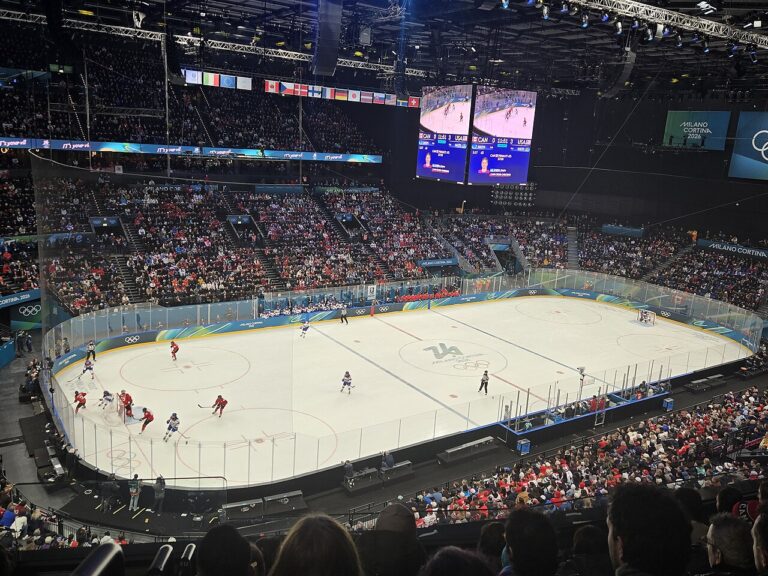I’d like to start off this week by saying how much I appreciate that each of you take the time to read my scribblings in this opinion column each week.
Next month, I will mark six years of volunteering to write Arch-i-text for The Lake Report.
And, it has been your kind words, expressed by you in-person, on the phone and through emails, that has provided me with the motivation to expand the original historic architecture focus of the column to include issues that relate to the preservation and maintenance of Niagara-on-the-Lake’s unique cultural heritage landscapes and character.
For this I’d like to express my thanks — for without your encouragement, dear readers, I would have tossed in the proverbial towel on the preservation of our town long ago.
It is for each of you, the residents of NOTL — born here or moved here — for whom I continue to write this column.
You have told me you desire this town to be a place which now, and into the future, represents a livable community that respects all demographics while preserving our cultural heritage landscapes.
Again, I thank you for your support.
*****
Now, let’s continue the examination into the original platforms and subsequent performance of the members of our town council, which we began last week. We’ll begin with the incumbents.
During the 2018 election, responding to a Niagara Foundation questionnaire, then-candidate Erwin Wiens wrote, “The council needs to look at the town as a whole, which requires understanding that the preservation of heritage in the villages and protecting farmland is paramount to promoting tourism, the economy and, more importantly, the quality of life for residents. Council and staff need to live out our corporate mission statement along with our official plan to keep all development ‘in sympathy’ with the area.”
He continued, “Infill development such as the former Parliament Oak school should be harmonious with the immediate neighbourhood in terms of lot size and height.”
“Agreed, our official plan states that all development needs to be ‘in sympathy’ with the surroundings. This statement along, with the provision for input from our heritage committee, seems self-explanatory, yet is routinely ignored. This is solved simply by a council that believes and lives out the mission of our town. To me it is obvious, yet numerous developments do not appear this way. This goes against everything the town purports to stand for.”
By 2022, Mr. Wiens’ position on these and other concerns posed by the Niagara Foundation to candidates in that election were expressed in a somewhat less forthright manner than in 2018.
On the protection and preservation of heritage and in guiding development, he stated, “Council’s role in heritage is to ensure the tools are in place. Presently we have a heritage planner, a heritage committee, an urban design committee and the zoning bylaw. It is important that council relies and collaborates using the expertise we have.”
With respect to decisions effecting institutional/public use land holdings/buildings such as the Parliament Oak, candidate Wiens responded, “There are five factors that determine the use of land, what the public wants, what the council wants, what town staff recommend, what provincial legislation requires and what the owner wants. As prudent custodians of the public purse and in a just and fair society that is the direction a deliberating person should take.”
And continued with, “Before I make any decision on any property, I want to listen to all of the affected parties and listen, learn and do what is best for the town. It is not prudent for any elected official to make statements regarding any specific properties absent of all the facts.”
Speaking to community involvement in planning matters, Mr. Wiens pointed out there are open houses and public meetings “to allow resident to voice their concerns. It is imperative that residents get involved at the early stages of any project so that their voice can be heard and their input considered.”
In as much as these statements taken together only make one commitment — to listen, learn and do what is best for the town (and what is best for the town is completely subjective dependent on who is making that judgment) — it is not possible to suggest Wiens’ performance over the last 19 months is inconsistent with his 2022 platform.
Indeed, by defining what council wants as separate and distinct from what the town residents want, he promised to follow his own path.
Moving on to Coun. Wendy Cheropita’s 2022 responses to the same Niagara Foundation questions, she proclaimed herself a “big supporter of contextual architecture,” and went on to state, “Contextual architecture promotes continuity in design and structure for new buildings. While determining acceptable styles of buildings, materials and site layout, which are all very important to creating an effective design. Contextual architecture ensures compatible designs and preserves the character of our neighbourhoods.”
Speaking to her position on decisions effecting institutional/public use land holdings/buildings, such as Parliament Oak, Cheropita wrote, “My desire is for council with resident input to create a vision for each property. For instance, I will work with fellow council colleagues and the lord mayor to maintain the institutional zoning for Parliament Oak. This property could become an educational, arts and cultural community hub, with a small number of homes of compatible design built at one end of the property.”
And concluded this topic with, “Let’s build what the community needs.”
Asked what her vision for what NOTL would be 20 years into the future and how she would drive that vision during the upcoming term of council, her response reads, “A community that is regarded for its outstanding quality of life and thriving agricultural industry. A town that has preserved its historic and heritage assets and charming streetscapes. An economy and small business community that is growing and expanding. I would use every possible regulatory and legislative measure to make this a reality.”
Here I am forced to ask how either proposed hotel might be construed as contextual architecture or contribute to the preservation of NOTL’s charming streetscapes.
The remaining two councillors who were incumbents in 2022 — Gary Burroughs and Sandra O’Connor — have taken positions in decisions that have faced council during the last 19 months that were typically consistent with their respective platforms.
For O’Connor, this can broadly be described as advocating for both health care and environment together with oversight of development to ensure that existing community character is preserved and protected.
In Burroughs’ case, the essence of his platform was the preservation and protection of NOTL’s unique history, heritage and streetscapes, the maintenance of residents’ lifestyle, supporting growth for businesses and allowing for sustainable development.
Next week we will visit with the platforms of, and positions taken by the last four councillors — those elected for their first term in 2022.
As to Lord Mayor Gary Zalepa’s contention — echoed by Coun. Maria Mavridis, et al. — that the majority of Niagara-on-the-Lake’s residents are supportive of the massive hotel proposal for King Street, perhaps council might consider a public referendum.
I’d suggest that if our elected representatives are confident in their position, this action would underwrite that position. Of course, if their argument is simply a smoke and mirrors justification, then public discourse would not be in their best interests.
Are they brave enough to let NOTL citizens to speak? We shall see.
Brian Marshall is a NOTL realtor, author and expert consultant on architectural design, restoration and heritage.





